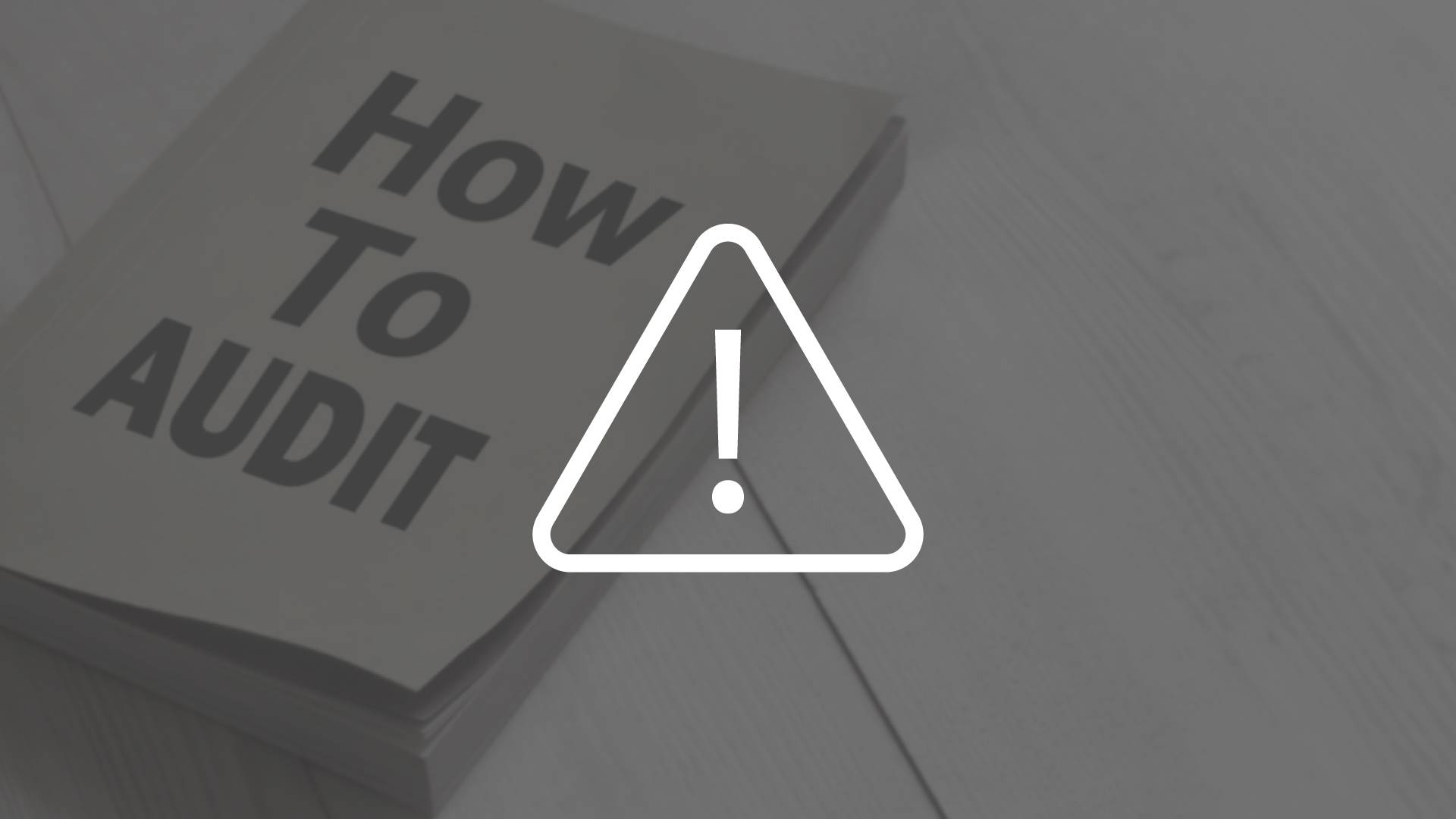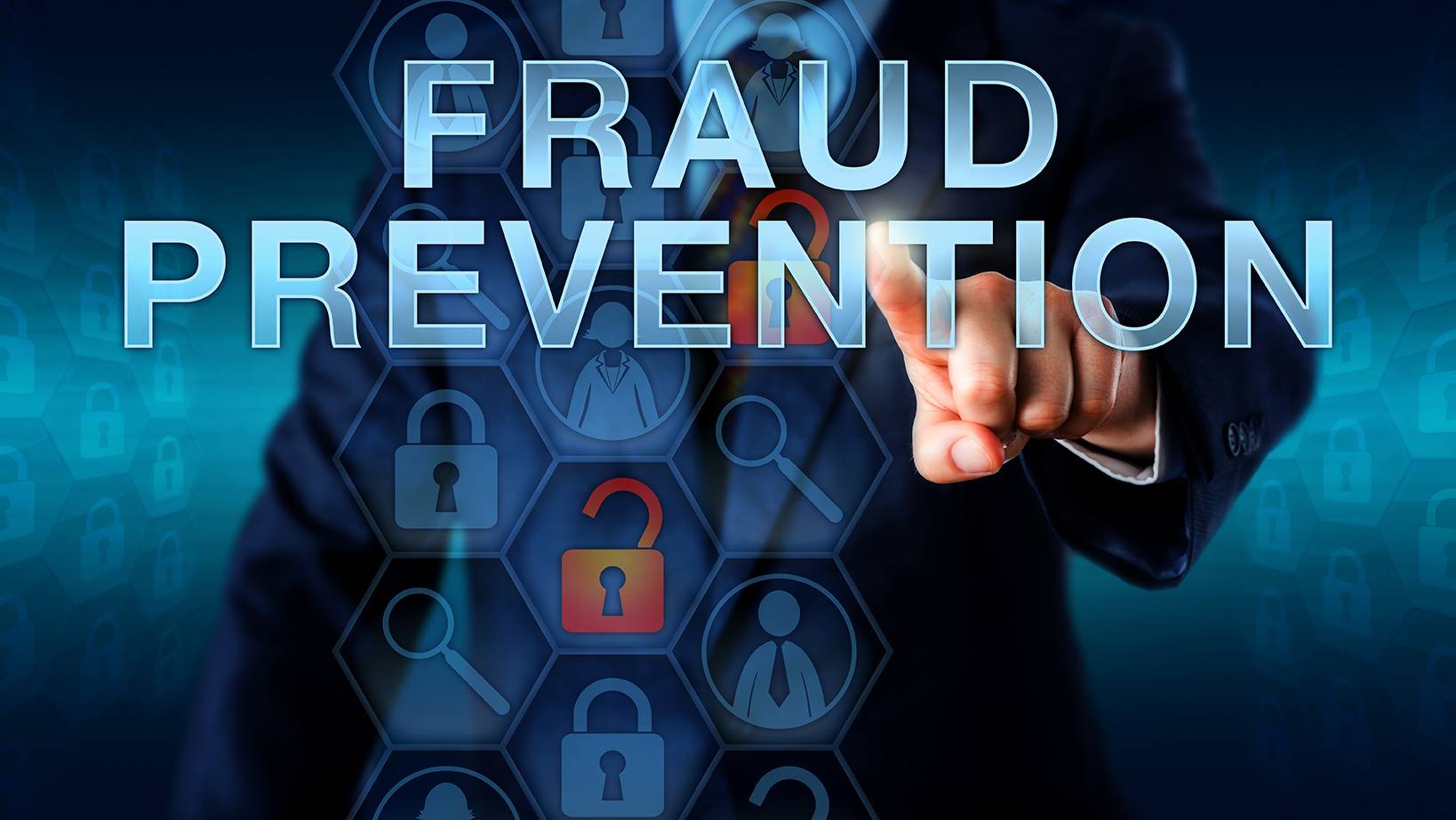Self-Study
Fraud Schemes
Learn to detect employee, financial statement, and external fraud schemes, implement effective controls, and protect your clients' businesses from financial losses.

$87.00 – $107.00
Webcasts are available for viewing Monday – Saturday, 8am – 8pm ET.
Without FlexCast, you must start with enough time to finish. (1 Hr/Credit)
Please fill out the form below and we will reach out as soon as possible.
CPE Credits
3 Credits: Auditing
Course Level
Overview
Format
Self-Study
Course Description
Fraud Schemes is a comprehensive course designed for finance professionals, focusing on the identification and prevention of various fraud types that can impact businesses. The fraud CPE course features detailed explorations of employee fraud schemes, financial statement fraud, and outsider fraud activities, with an emphasis on practical application. You will benefit from learning how to recognize and address specific fraud tactics, such as falsified expense reports, bid-rigging, and stock option backdating. The fraud CPE also covers techniques for detecting and preventing balance sheet manipulations and bust-out scams, crucial for maintaining the integrity of financial reporting. By understanding these schemes and their indicators, you’ll be better equipped to establish effective controls within your organization, significantly reducing the risk of financial loss due to fraud.
Learning Objectives
Upon successful completion of this course, participants will be able to:
- Identify the characteristics of each type of employee fraud scheme.
- Recognize the methods used by employees to falsify their expense reports.
- Recognize the techniques used to artificially assist suppliers in winning bids.
- Specify how a payables clerk can obtain a valid signature on a check intended for personal use.
- Describe how stock option backdating can benefit employees.
- Identify the tools available to a management team that wants to inflate sales.
- Specify how the reported asset balances in the balance sheet can be artificially altered.
- Point out the circumstances in which a management team is more tempted to set up a large loss reserve.
- Recognize the methods available for using fixed assets to alter reported expense levels.
- Identify the methods available for falsely reducing reported liability levels.
- Describe the reasons why cash flows may be mis-reported.
- Specify the possible indicators of application fraud.
- Describe the controls that can be used to mitigate the effects of outsider fraud schemes.
- Cite the underlying mechanics of a bust-out scam.
- Point out the indicators of a possible money laundering scheme.
Course Specifics
SS923335621
July 5, 2023
There are no prerequisites.
None
64
Compliance Information
CFP Notice: Not all courses that qualify for CFP® credit are registered by Western CPE. If a course does not have a CFP registration number in the compliance section, the continuing education will need to be individually reported with the CFP Board. For more information on the reporting process, required documentation, processing fee, etc., contact the CFP Board. CFP Professionals must take each course in it’s entirety, the CFP Board DOES NOT accept partial credits for courses.
Meet The Experts

Steven M. Bragg, CPA, is a full-time book and course author who has written more than 300 business books and courses. He provides Western CPE with self-study courses in the areas of accounting and finance, with an emphasis on the practical application of accounting standards and management techniques. A sampling of his courses include the The New Controller Guidebook, The GAAP Guidebook, Accountants’ Guidebook, and Closing the Books: An Accountant’s Guide. He also manages the Accounting Best Practices podcast. Steven has been the CFO or controller of both public and private companies and has been a consulting manager with Ernst & Young and …
Related Courses
-
 Auditing
Auditing
Computer Fraud and Abuse
Marshall Romney, CPA, PhD, CFE QAS Self-Study
Credits: 6 $174.00
QAS Self-Study
Credits: 6 $174.00$174.00 – $204.00
-
 Auditing
Auditing
How to Audit for Fraud
Steven M. Bragg, CPA QAS Self-Study
Credits: 3 $87.00
QAS Self-Study
Credits: 3 $87.00$87.00 – $107.00
-
 Auditing
Auditing
Fraud Prevention, Detection, and Audit
Marshall Romney, CPA, PhD, CFE QAS Self-Study
Credits: 9 $261.00
QAS Self-Study
Credits: 9 $261.00$261.00 – $291.00
